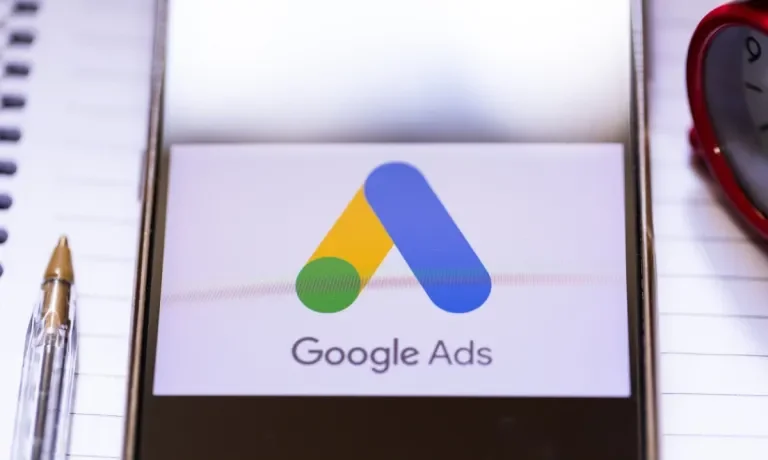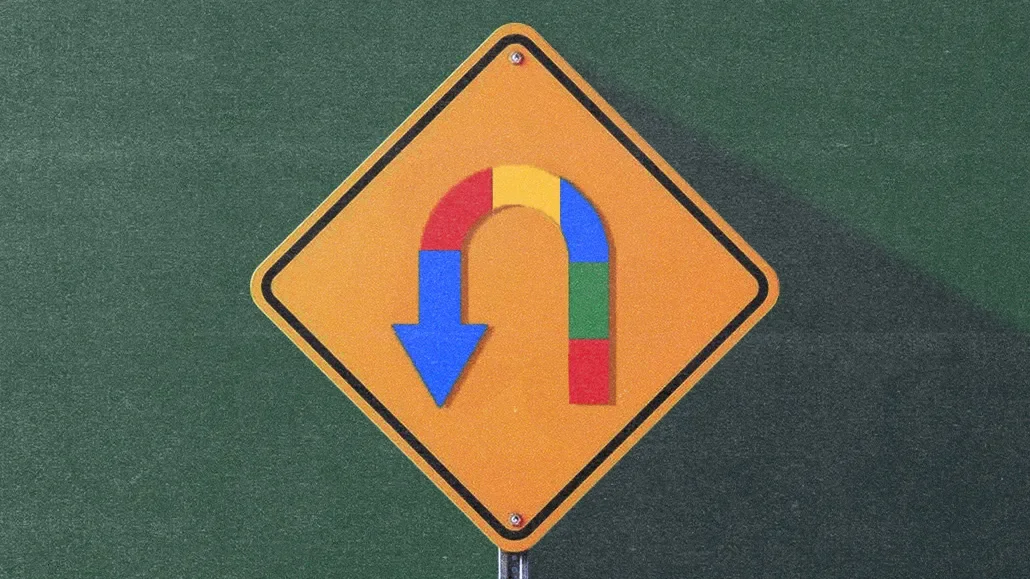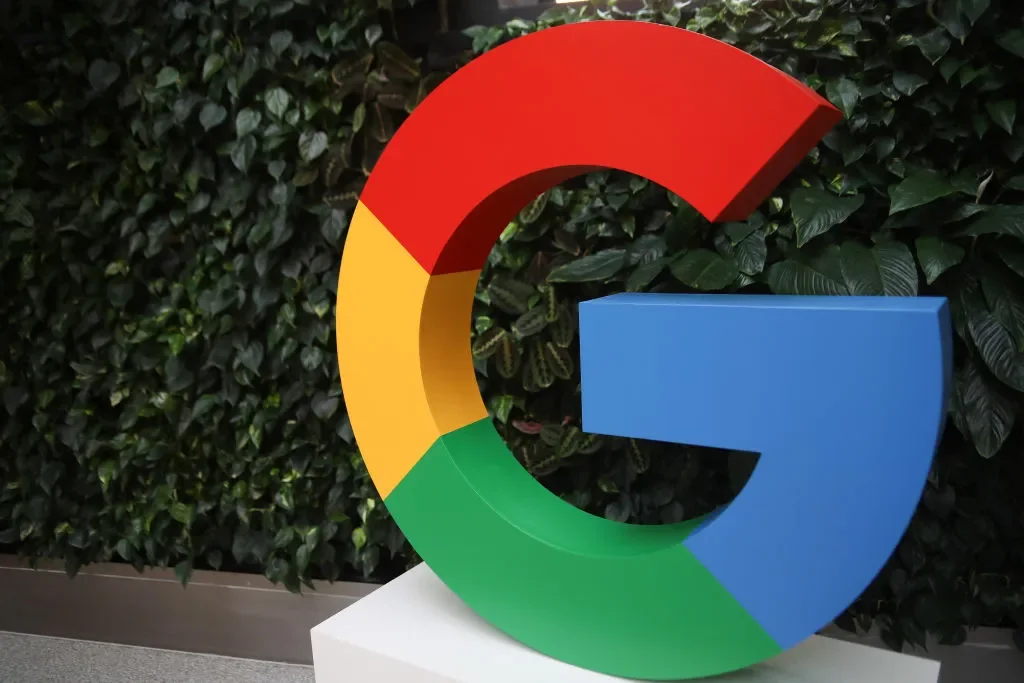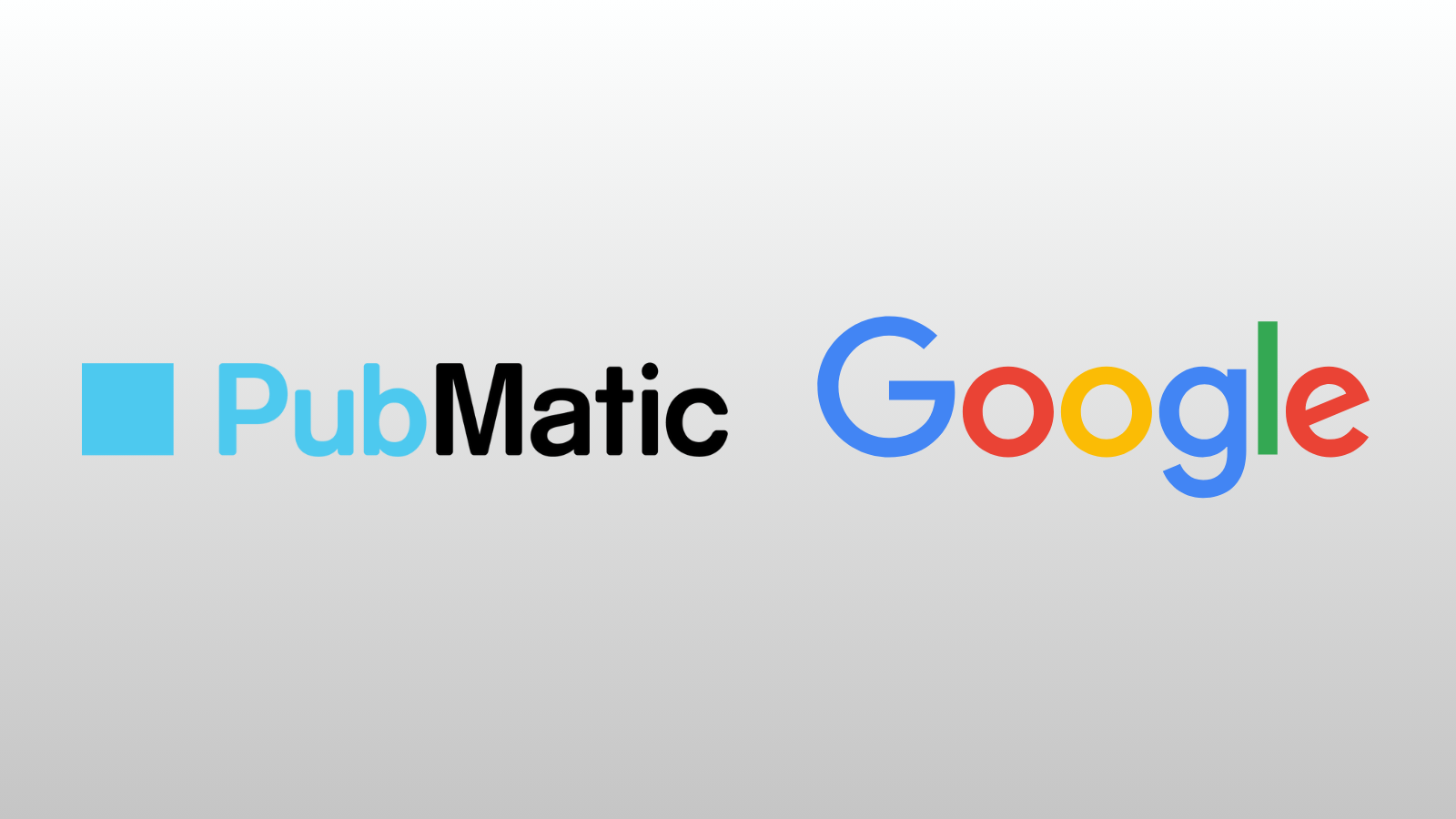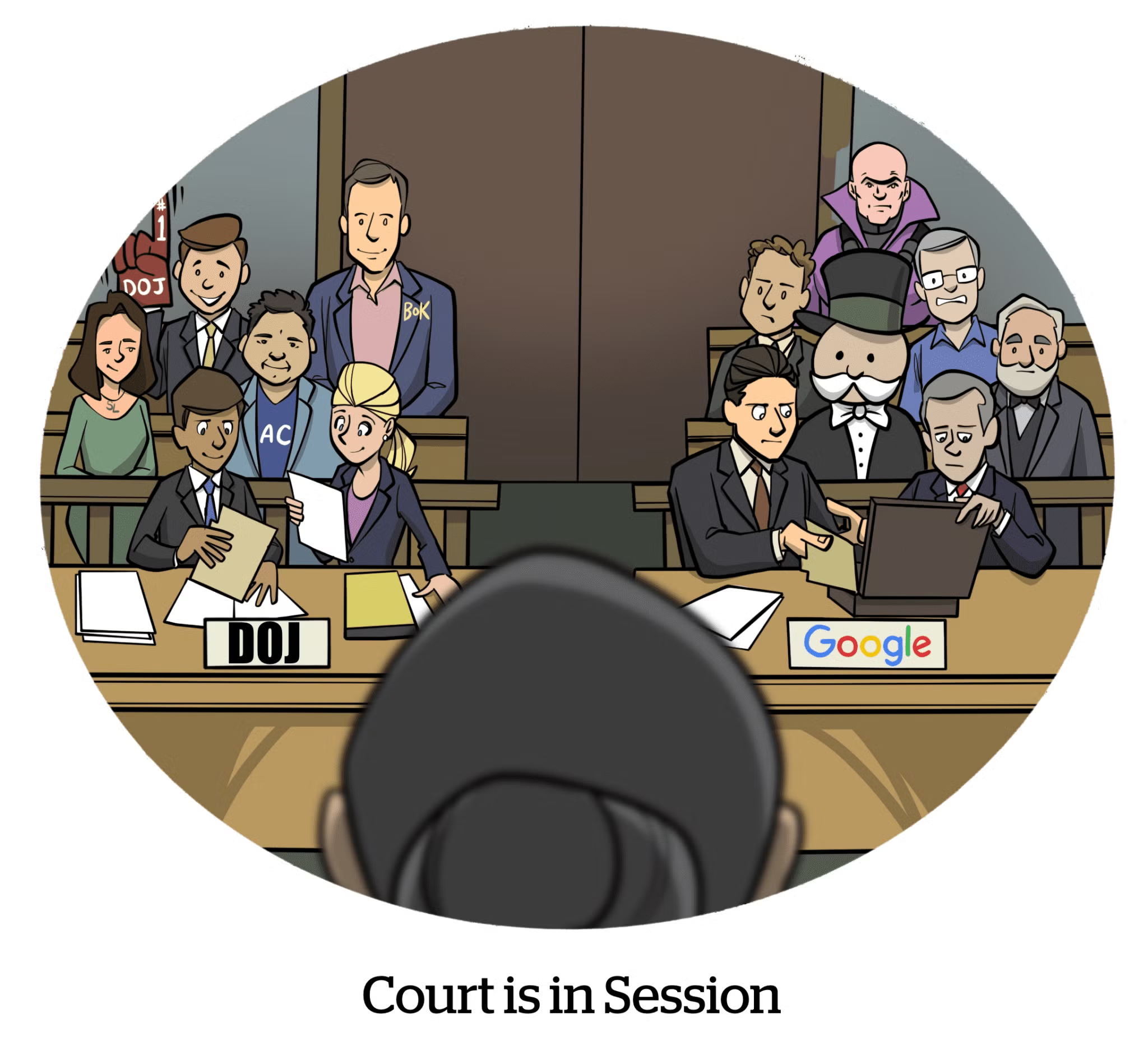
PUBMATIC SUES GOOGLE OVER DIGITAL ADVERTISING MONOPOLY
PubMatic’s lawsuit details how Google’s illegal actions impeded the Company’s ability to reach its full potential in terms of market share and revenue growth, hindering its ability to compete and resulting in real consequences for advertisers, publishers and consumers. Now, PubMatic is taking action — seeking damages for lost revenue, to unlock growth, and build a fairer market for all.
-
The U.S. District Court ruling from April 2025 is clear and unambiguous: Google illegally obtained and maintained monopolies in markets relating to how and where digital ads are bought and sold. The Court held that Google used improper exclusionary policies to steer advertisers and publishers towards its own AdX platform.
According to the Court, Google’s exclusionary conduct “substantially harmed Google’s publisher customers, the competitive process, and, ultimately, consumers of information on the open web,” while “depriving rivals like PubMatic of the ability to compete.”
-
Google’s monopolistic power limited PubMatic’s ability to expand and capture share in the very markets PubMatic helped pioneer. This undermined PubMatic’s mission to help publishers maximize revenue and fairly compete in the digital advertising market.
Google’s monopolistic control of both the buy and sell-sides enabled it to dominate the ad exchange market, leverage data that others did not have access to, gain unfair bidding advantages, and secure priority inventory.
-
Google’s dominance has had real consequences — not just for independent platforms like PubMatic — but for the entire ecosystem.
Google’s unlawful actions resulted in higher costs for advertisers, reduced revenue for publishers, fewer independent voices online, and less transparency.
-
PubMatic seeks to restore a competitive and fair landscape as barriers imposed by Google are removed, where innovation thrives and the open internet remains a source of information and opportunity for everyone.
This litigation positions PubMatic, and the broader industry, for stronger long-term growth by holding Google accountable for its past anticompetitive actions and monopolistic behaviors.

The future of this industry will not be decided by dominance or coercion, but by the strength of ideas, the power of innovation, and the trust we earn.”
RAJEEV GOEL
PUBMATIC CO-FOUNDER & CEO
FAQs
-
The U.S. District Court ruling from April 2025 is clear and unambiguous: Google illegally established and maintained monopolies in the open-web display publisher ad server and open-web display ad exchange markets, including by implementing policies that incentivized both advertisers and publishers to use its AdX platform.
Google’s strategic control of both the buy-side and the sell-side enabled them to lock in a substantial share of the ad exchange market, access valuable user and market data that others did not have access to, unfairly get increased opportunities to bid, and receive priority bidding slots.
Removing these advantages would undoubtedly have leveled the playing field and allowed independent SSPs, including PubMatic, to win advertising auctions at a much higher rate.
It is undeniable that PubMatic lost business opportunities as a result of these anticompetitive practices.
-
The District Court ruling from April highlighted the following Google actions as anticompetitive and improper:
Google required publishers to use DFP as their ad server if they wanted to access real-time bids from AdX.
Google implemented “First Look,” which gave Google’s AdX a first right of refusal on each impression, so AdX could buy before rival exchanges even got to bid.
Google implemented “Last Look,” which enabled AdX to view competing bids in what should have been a sealed auction, then outbid by a small increment (e.g., 1 cent).
Google implemented Unified Pricing Rules, which prohibited publishers from setting price floors for various ad exchanges in ways that would favor ad exchanges other than Google’s AdX. In other words, Google prohibited publishers from exercising choice vis a vis ad exchanges.
-
The recent antitrust ruling against Google in April 2025 laid a strong foundation for further legal action as the Court found that Google “deprived rivals of the ability to compete.”
PubMatic, as a direct competitor that has been impacted by this conduct, is now taking action to seek redress for the harm we have suffered.
-
Our complaint states that PubMatic expects that its awardable damages in this case, once trebled pursuant to relevant antitrust law, could reach into the billions of dollars.
We are unable to quantify the full extent of the damages at this stage since discovery has not yet commenced.
-
PubMatic’s litigation uses the facts established by the DOJ and confirmed by the Honorable Leonie Brinkema in the DOJ’s antitrust case. It will also rely on additional facts and evidence, including PubMatic financial data indicating the extent of the harm to PubMatic.
The DOJ’s antitrust case established that Google unlawfully acted as a monopolist, and the remedies phase of that trial is expected to commence on September 22, 2025. The prior case did not address or seek to compensate industry players harmed by Google’s illegal actions. This aspect of the case is being left to the individual companies to pursue, as we are now doing.
-
No. PubMatic’s day-to-day operations, customer relationships, and integrations will remain uninterrupted. Publishers and media buyers will continue to transact programmatic media as they do today.
This lawsuit is about ensuring long-term growth and restoring a competitive market, with no disruption to customers.
_
Forward-Looking Statements
Certain statements in the press release and other materials on this website are or may be considered forward-looking statements within the meaning of the Private Securities Litigation Reform Act of 1995, including statements regarding the Company’s action against Google and the outcome of that action. Forward-looking statements can generally be identified by words such as “believe,” “could,” “seek,” “will,” “may,” and similar expressions. These statements are based on management's current views and are subject to a number of risks and uncertainties that could cause actual results to differ materially from those expressed or implied in these statements, including the uncertainty of the outcome of the action against Google and any injunctive relief and damages or amounts received in connection with the action, if any. For a discussion of some of the additional risks and important factors that could cause actual results to differ from such forward-looking statements, see the risks and other factors detailed from time to time in the Company's Annual Report on Form 10-K, our quarterly reports on Form 10-Q, and our other filings with the Securities and Exchange Commission. Furthermore, new risks and uncertainties emerge from time to time, and it is not possible for the Company to predict or assess the impact of every factor that may cause its actual results to differ from those contained in any forward-looking statements. There is no guarantee that any of the events anticipated by the Company's forward-looking statements will occur. Except to the extent required by law, the Company undertakes no obligation to publicly update any forward-looking statement, whether as a result of new information, future events or otherwise.

